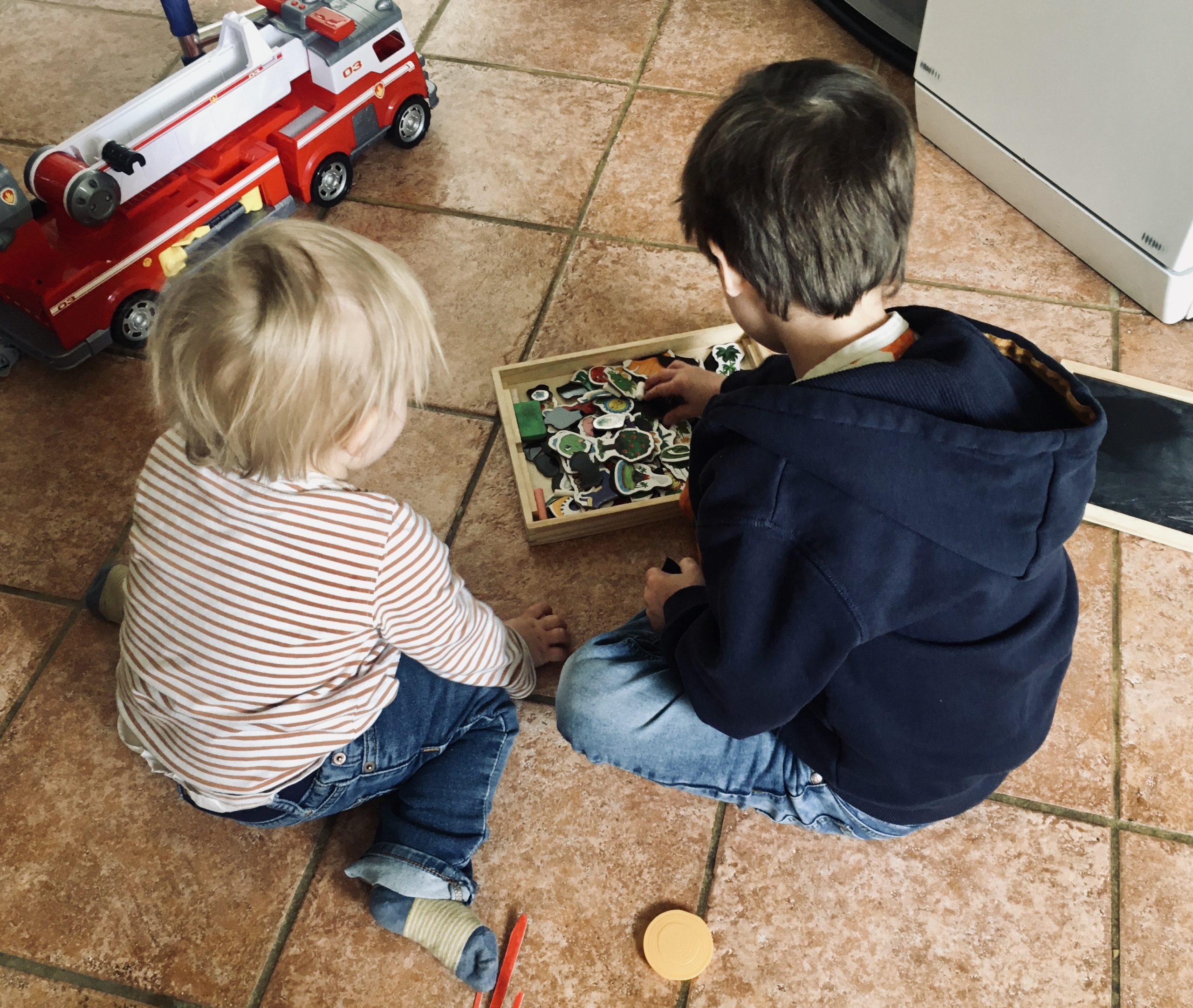What are your development goals for this year? Mine include developing the skill to create the same magic in an online training as I’m used to seeing on site, venturing into the world of podcasts and finding a way to read a few more from that mountain of books I keep adding to…
Assuming that you have some development goals, I’d like to ask you another question: How did you decide on those goals?
Hands up if you assessed your capabilities across the whole range of your responsibilities before setting goals. Or maybe you did that in conjunction with your line manager, coach or mentor.
I think that’s a good start. Have a look at what you’re expected to deliver and gauge how easy it is for you to do that. Identify your skills, strengths and – um… are we allowed to call them ‘weaknesses’? Or do you call them ‘areas for development’?
This is where it gets interesting. If you call those aspects of the work that you’re not so good at ‘areas for development’ you’re almost bound to then set development goals to address those shortcomings, aren’t you? It would seem strange to identify ‘areas for development’ and then set development goals that ignored them.
Now, think about this: if you have a limited amount of time and money to spend on your development is it better to develop your strengths so that you become truly outstanding in a specific area? Or is it better to spend your limited time and money working at something you have no aptitude for?
Your answer to that question will depend on whether you (or your boss, HR partner or coach) are working towards a vision of you as a specialist or a generalist. Or whether you aspire to a qualification.
Most vocational qualifications require demonstration of competence across the full range of relevant skills. Some allow a degree of specialisation, but not all.
Most corporate appraisal systems assume that the process will identify weaknesses and work on them. In effect, they seek to create an organisation full of generalists. Transferable skills! I hear somebody shout. But what about experts? What about specialists? What about honing your skills to a level of mastery in a small number of areas instead of trying to be equally good at everything?
I can’t help thinking that an enormous amount of time and money is wasted on people attempting to develop skills and capabilities that don’t come naturally and don’t appeal to them as a learner.
And as the Learning and Development profession worldwide prepares to excommunicate me, I’d like to put forward a different philosophy:
What if we encouraged people to develop the skills that come naturally and the activities that they enjoy. What if we encouraged people to do more of what they’re good at instead of wasting their time and effort trying to address their ‘weaknesses’?
What if we also showed everyone how to work in teams so that the team demonstrated the full range of capabilities even though the individuals within the team specialised, or even excelled, in a few areas?
Now, I realise that this is an idealist philosophy. I know that there are times when some of us have to carry out tasks that we don’t find easy or don’t much enjoy. But instead of regarding that as an unalterable state of affairs, why not make the development goal focus on how to delegate that task rather than master it?
At the very least, let’s balance up the development that address weaknesses with some that also build on existing strengths and aim towards mastery. Otherwise, we’re spending our training budgets to foster mediocrity.
Personally, I’d rather see people develop into their own talents instead of focusing on their shortcomings. I’d like to see everyone have the opportunity to shine.
What do you think? Let me know…
![[Article] Could do better](https://www.brilliantminds.co.uk/wp-content/uploads/2021/01/Noisegate-studio_20210120.png)
![[Article] What is Coaching?](https://www.brilliantminds.co.uk/wp-content/uploads/2016/07/what-is-coaching.png)
![[Article] Lockdown 3.0](https://www.brilliantminds.co.uk/wp-content/uploads/2021/01/DL-FB-page-cover-2.png)

 It’s partly this loss of physical connection that creates the sense of loneliness and isolation. Chatting to friends by phone or zoom can be fun, but it doesn’t supply the physical warmth that lets us know we belong.
It’s partly this loss of physical connection that creates the sense of loneliness and isolation. Chatting to friends by phone or zoom can be fun, but it doesn’t supply the physical warmth that lets us know we belong.![[Video] Our new training room](https://www.brilliantminds.co.uk/wp-content/uploads/2021/01/video21-01A.png)




